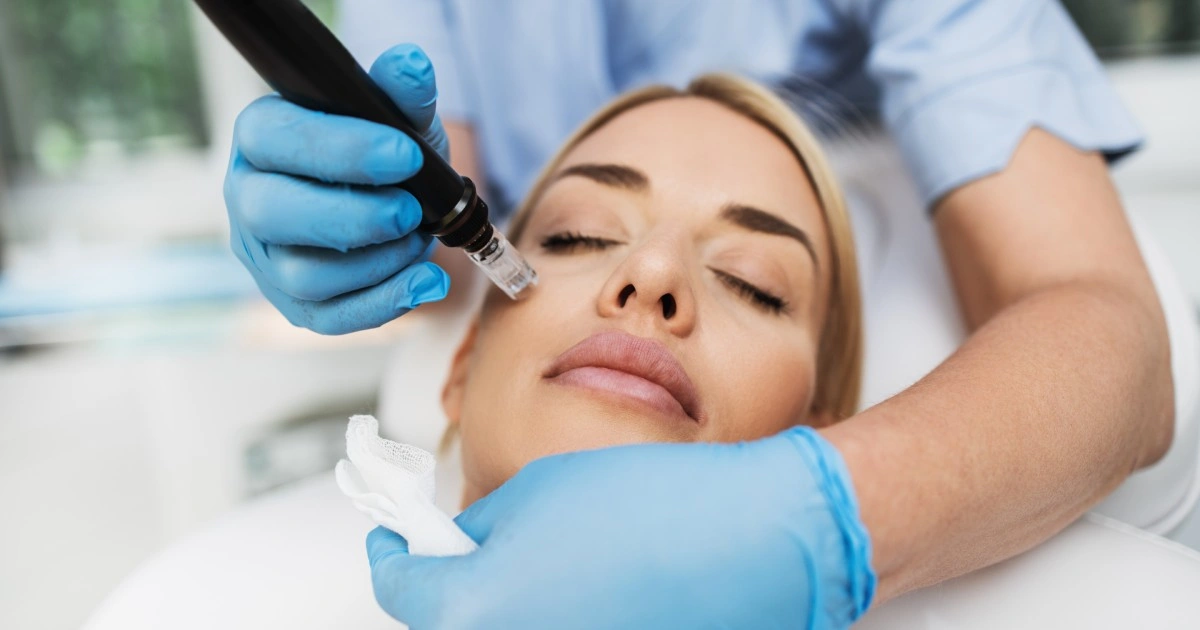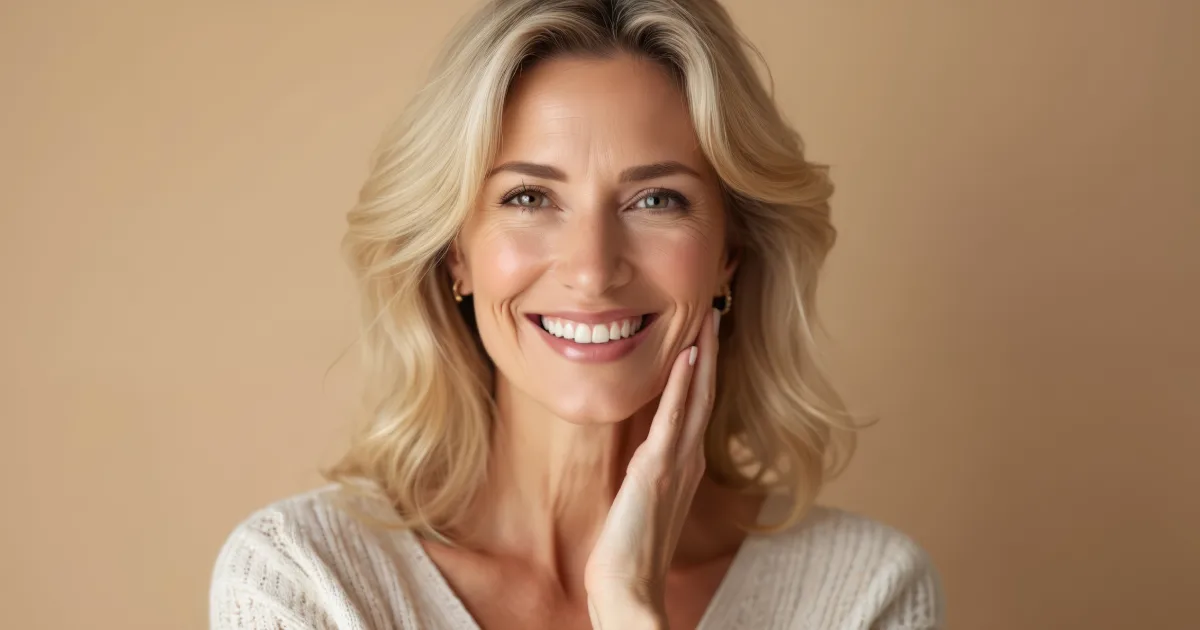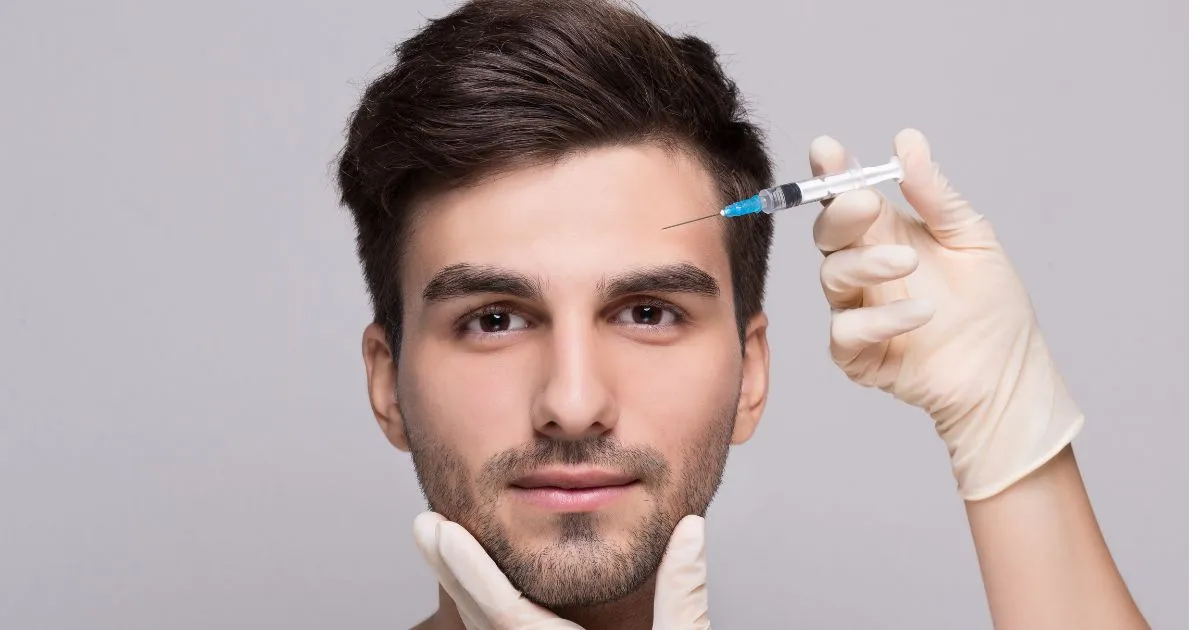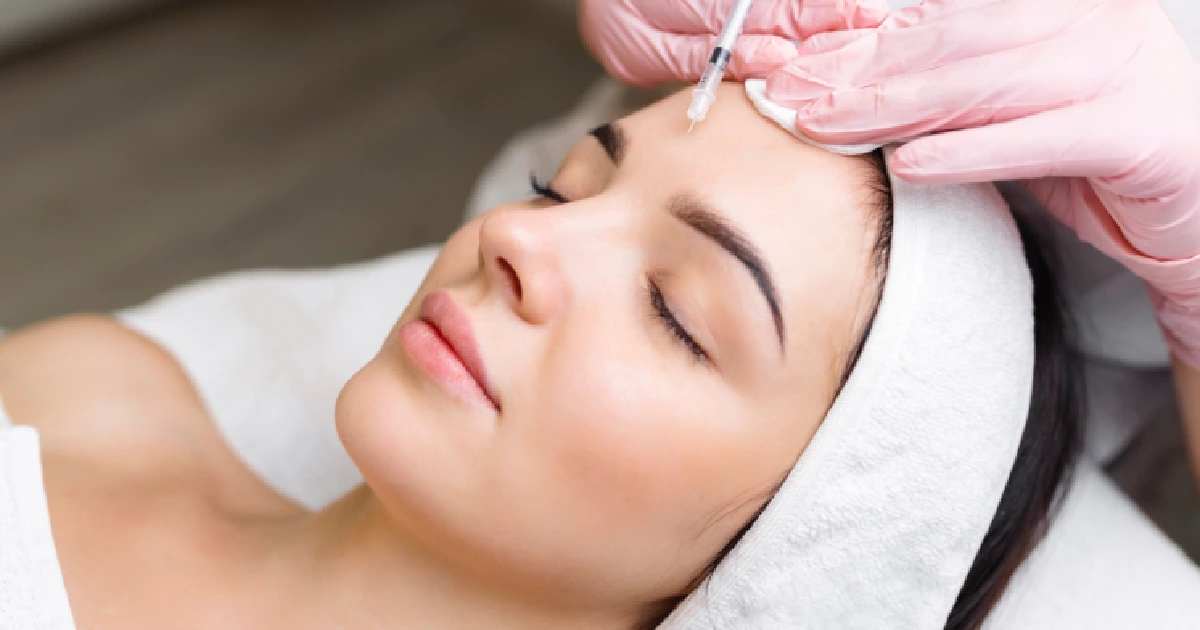Protecting the skin against harmful UV rays is crucial to its health and vitality. UVA, UVB, and UVC rays can cause sunburn, accelerated aging, and an increased risk of skin cancer. Understanding the harmful effects of UV rays helps us realize the significance of adopting effective sun protection measures to safeguard our skin.
Understanding UV Rays
There are three ultraviolet (UV) radiation types: UVA, UVB, and UVC. Longer wavelength UVA rays can penetrate deeper into the skin. They are responsible for causing premature aging, wrinkles, and skin sagging.
On the other hand, UVB rays have shorter wavelengths and primarily affect the skim’s outer layers of the skin, leading to sunburns and an increased risk of skin cancer. UVC rays have the shortest wavelengths and are mostly absorbed by the Earth’s atmosphere, so they pose no risk to human skin.
Regarding the penetration and impact on the skin, UVA and UVB rays can both penetrate the skin to varying degrees. UVA rays can reach the deeper layers of the skin, such as the dermis, where they can cause long-term damage by breaking down collagen and elastin fibers, resulting in sagging skin and the formation of wrinkles. UVB rays primarily affect the top layer of the skin, the epidermis, and can cause sunburns and skin redness, contributing to skin cancer development.
Moreover, excessive exposure to UV radiation, whether from the sun or tanning beds, is a key risk factor for skin damage. Prolonged and unprotected exposure to UV rays can lead to a range of skin concerns, including sunburn, photoaging (premature aging caused by the sun), hyperpigmentation (dark spots), and an increased risk of skin cancer. The harmful effects of UV radiation can accumulate over time, making it crucial to protect the skin from UV exposure daily to prevent long-term damage.
The Importance of Sun Protectant
Sun protectants, such as sunscreens and sunblocks, play a crucial role in preventing skin damage caused by UV radiation. These products create a protective barrier on the skin that helps absorb, reflect, or scatter UV rays, reducing penetration. Wearing sun protectants regularly can significantly decrease the risk of sunburns, premature aging, dark spots, and the development of skin cancer.
In addition, using sunscreens and sunblocks offers several benefits for maintaining healthy skin.
- Firstly, they help to prevent sunburns and minimize the risk of skin damage from UVB rays, which are the primary cause of sunburns.
- Secondly, they protect against UVA rays, which can penetrate deeper into the skin and contribute to long-term skin damage and aging.
- Thirdly, sun protectants can help prevent the development of skin cancer by reducing exposure to harmful UV radiation.
- Lastly, using sunscreens and sunblocks can help maintain a more even skin tone, reduce the formation of dark spots, and preserve the skin’s youthful appearance.
On the other hand, the differences between SPF and PA ratings SPF (Sun Protection Factor) and PA (Protection Grade of UVA) are ratings commonly found on sun protectant products, indicating their level of protection against UV radiation. SPF measures the product’s effectiveness in blocking UVB rays, while PA measures its protection against UVA rays.
The higher the SPF rating, the more protection it offers against UVB rays, which cause sunburns. The PA rating is expressed as PA+, PA++, PA+++, or PA++++, with higher ratings indicating higher protection against UVA rays, responsible for long-term skin damage.
Choosing the Right Sun Protectant
Choosing the right sun protectant is essential for ensuring effective protection against harmful UV rays. Here are some important considerations while choosing sunscreen:
- Broad-spectrum protection: Look for a sunscreen with broad-spectrum protection that protects against UVA and UVB radiation. This ensures comprehensive coverage against different types of UV radiation.
- Sun protection factor (SPF): Consider the SPF rating of the product. Higher SPF numbers provide greater protection against UVB rays. A sun protectant with an SPF of 30 or higher is generally recommended for adequate protection.
- Water resistance: If engaging in water-related activities or excessive sweating, opt for a water-resistant sun protectant. These formulas provide better adherence to the skin and maintain their effectiveness even when exposed to moisture.
- Skin type and sensitivity: Take into account the skin type as well as any sensitivities or allergies. Look for a sunblock appropriate for the skin type, whether dry, oily, sensitive, or acne-prone. Those with sensitive skin should choose products labeled as hypoallergenic or formulated for sensitive skin.
- Application and texture: Select a sunblock that is easy to apply and comfortable to wear. Consider factors such as the product’s texture (cream, lotion, gel, or spray) and how it feels on your skin. Some prefer lightweight formulas, while others prefer more hydrating or mattifying options.
More importantly, use sun protectants generously and reapply as needed, especially after swimming or sweating. Complementing sun protection methods such as seeking shade, wearing protective clothing, and avoiding sun exposure during peak hours is vital.
The Long-Term Benefits of Sun Protection
Proper sun protection offers long-term benefits for skin health and overall well-being. Consistently using sunscreens and sunblocks can help prevent premature aging, like wrinkles, fine lines, and age spots caused by prolonged sun exposure. It also lowers the likelihood of developing the risk of skin cancer, which includes melanoma, the deadliest form of skin cancer.
Indeed, shielding the skin from damaging UV rays can maintain a more even skin tone and texture, avoiding sunburns, hyperpigmentation, and sun-induced redness. In addition, sun protection helps preserve the skin’s natural elasticity and collagen production, promoting a youthful and radiant complexion over time.
Incorporating sun protectants into the daily skincare routine is a proactive approach to maintaining healthy and vibrant skin in the long run. Making sun protection a habit is an investment in skin health, protecting its resilience and limiting the negative consequences of UV damage now and in the future.
The Bottom Line
Properly utilizing sun protectants is crucial for safeguarding the skin against harmful UV rays, preventing damage, and promoting long-term skin health. Reclaim Med Spa and Wellness offers high-quality Sun Protectant products like Lightweight Skin Replenishing Sunscreen – SPF 50 and Mineral Tinted Matte Sunscreen SPF 50+ to effectively help you shield your skin from the damaging effects of UV rays. With Reclaim Med Spa and Wellness advanced sun protectant formulations, you can confidently step out into the sun, knowing your skin is shielded, rejuvenated, and ready to face the day with optimal protection and care!






